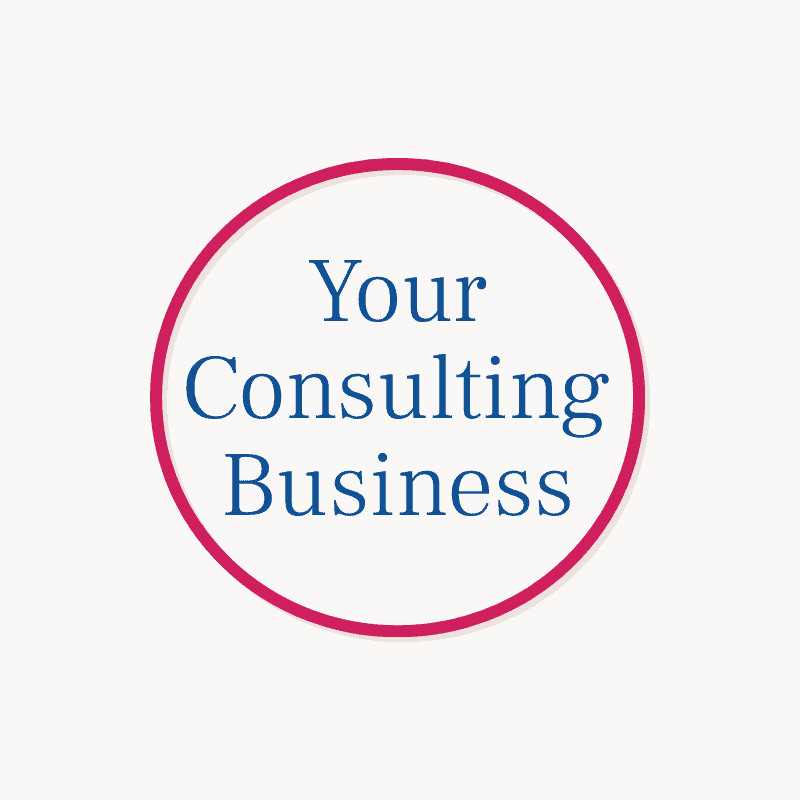
Consulting can be a demanding profession that requires long hours, tight deadlines, and constant travel. It’s easy for consultants to fall into the trap of working around the clock and neglecting their personal lives. However, achieving a healthy work-life balance is crucial for long-term success and happiness. In this article, we’ll explore the consulting lifestyle and share practical tips on how to achieve work-life balance and thrive in this dynamic industry. Whether you’re a seasoned consultant or just starting out, this guide will help you prioritize your well-being and enjoy a fulfilling career. So, grab a cup of coffee and let’s dive in!
Table of contents
- The consulting lifestyle
- Set boundaries
- Stay organized
- Manage time effectively
- Communicate effectively
- Set realistic expectations
- Learn to say no
- Delegate tasks
- Find a flexible work arrangement
- Take breaks
- Take advantage of technology
- Find a mentor
- Network with peers
- Develop a support system
- Take care of mental health
- Practice mindfulness
- Pursue hobbies and interests
- Conclusion
The consulting lifestyle
For those working at a consulting firm or in a consulting component of company, most of you would generally have the lifestyle of an employee. Independent consultants have a different lifestyle and work mainly as freelancers. If this is you, then you have more of the problems of a small business owner and largely the issues of the self-employed.
As an independent consultant your life is more flexible and therein lies the challenge. If you have deadlines due on Monday, but that day is otherwise clear, you might decide to work on your deadline on Sunday and take time off on Monday. If you have clients in other time zones, you can shift the time that you work – nobody is at the office wondering why you arrived late. If you want a change of scene, you can work anywhere – at the beach, on the other side of the planet, or whatever suits you.
Set boundaries
“You get what you tolerate.”
Henry Cloud
Setting boundaries is crucial for maintaining work-life balance. You should set limits on your consulting work hours, email access, and availability during off-hours. This can help you achieve a better balance between your work and personal lives.
Especially, if you work from home, it is too easy to get back to work right after dinner or if you have children as soon as they are off to bed. You do not have to commute back to the office. Because you can work anytime and from anywhere, you need to consciously set boundaries.
Stay organized
Staying organized can help you manage your consulting workload and avoid feeling overwhelmed. You should use tools like calendars, to-do lists, and project management software to keep track of tasks and deadlines.
One of the foremost leaders in productivity is David Allen, who has an enormous following. His book “Getting Things Done: The Art of Stress-Free Productivity” has been a best seller and provides a roadmap to very effective methods of taming the constant flow of things into our lives and inboxes that demand our time. A key part of his Getting Things Done (GTD) system is to capture everything new into a single inbox. Each new item is then don’t immediately if it takes less than two minutes or it is considered and processed to change it from a vague item into specific tasks. Included in this is thinking about whether the items are truly bite-sized tasks or require multiple steps, in which case they are projects. The capture of everything into a single inbox fits with an overarching part of his system; ‘get everything out of your head.” Here is a more detailed description of the GTD system.
Manage time effectively
“Take care of the minutes and the hours will take care of themselves”
Lord Chesterfield
Effective time management can help you achieve your consulting goals and avoid burnout. You should prioritize your consulting tasks, create a schedule, and set deadlines for yourself to ensure they are making progress without sacrificing your personal time.
So many books and articles have been written on this topic, and managing time is easier said than done. In the end, it amounts to exploring, finding and sticking to what really works for you.
Communicate effectively
“The single biggest problem in communication is the illusion that it has taken place.”
George Bernard Shaw
Effective communication can help you manage your consulting workload and set expectations with clients and colleagues. You should communicate clearly and assertively, and listen actively to others.
Set realistic expectations
Setting realistic expectations for your consulting can help you avoid burnout and stay motivated. You should be honest with yourself and others about what you can realistically accomplish and avoid taking on too much work.
Learn to say no
“No is a complete sentence.”
Anne Lamont
Learning to say no can help you avoid over-committing to your consulting work and maintain a healthy work-life balance. You should prioritize your own needs and say no to requests or projects that don’t align with your goals.
Delegate tasks
“If you want to do a few small things right, do them yourself. If you want to do great things and make a big impact, learn to delegate.”
John C. Maxwell
Delegating tasks can help you free up your time and focus on more important tasks. They should identify tasks that can be delegated and find team members who are capable of handling them. For more on this topic, see the Harvard Business School online site’s “How to Delegate Effectively: 9 Tips for Managers” and also see Zapier’s tips for small businesses.
Find a flexible work arrangement
Flexible consulting work arrangements can help you achieve a better work-life balance. They should consider options like remote work, flexible schedules, and job sharing to find an arrangement that works
Take breaks

“Taking a break won’t be the death of your business.”
Jess Van Den
Taking breaks from your consulting work can help you recharge and reduce stress. You should take regular breaks throughout the day, as well as longer breaks like vacations or time off.
Take advantage of technology
Technology can help you work more efficiently and effectively as a consultant. You leverage tools like video conferencing, project management software, mobile apps to stay connected and organized, and artificial intelligence (AI), which can help to do some of the more complex tasks more rapidly.
Find a mentor
“A mentor takes people where they want to go. A great mentor takes people where they don’t necessarily want to go but ought to be.”
Rosalynn Carter
Having a mentor can provide guidance and support for consultants. You should look for someone who has experience in your field and can offer advice on work-life balance and career development.
Network with peers
Networking with peers can help consultants build relationships and find new opportunities. You should attend industry events and conferences and join professional organizations to connect with others in your field.
Develop a support system
“A best friend is the only one that walks into your life when the world has walked out.
Shannon Alder
Having a support system can help consultants manage stress and find balance. You should lean on friends, family, and colleagues for emotional support and guidance.
Take care of mental health
Mental health is just as important as physical health. You should seek help if they are experiencing mental health issues and prioritize self-care strategies like therapy and mindfulness.
Practice mindfulness
Mindfulness can help reduce stress and improve focus, which will enhance your effectiveness as a consultant. You can practice mindfulness through meditation, deep breathing exercises, or simply taking a few minutes to focus on the present moment.
Pursue hobbies and interests




“If you are losing your leisure, look out! — It may be you are losing your soul.”
Virginia Woolf
Pursuing hobbies and interests outside of your consulting work can help you recharge and find fulfillment outside of your career. You should make time for hobbies and find activities that bring you joy.
People with hobbies have better physical health and better sleep. Hobbies benefit mental health in general and are associated with greater happiness and lower levels of depression.
Other benefits found in people with hobbies are reduced stress, a larger and more diverse social network, and better work performance. See this article on how to find a hobby. It also takes a deeper dive into the benefits of hobbies and how to make time for them, and what distinguishes interests from bobbies. Essentially, interests are intellectual, such as learning about topics; whereas a hobby is “any enjoyable leisure activity that we engage in voluntarily and consistently when we are free from the demands of work or other responsibilities.”

Conclusion
Whether you are living the lifestyle of an independent consultant or are an employee in a consulting firm, we have covered ways in which you can improve your work-life balance and thrive. You can set some goals to work on these hacks to improve your situation over time. Start with the big wins and move through all and any of these at your own pace. You may surprise yourself at your progress!
For more on the lifestyle of an independent consultant see:
Embracing the Consultant Lifestyle: Navigating the Uncharted Path to Flexibility and Fulfillment
